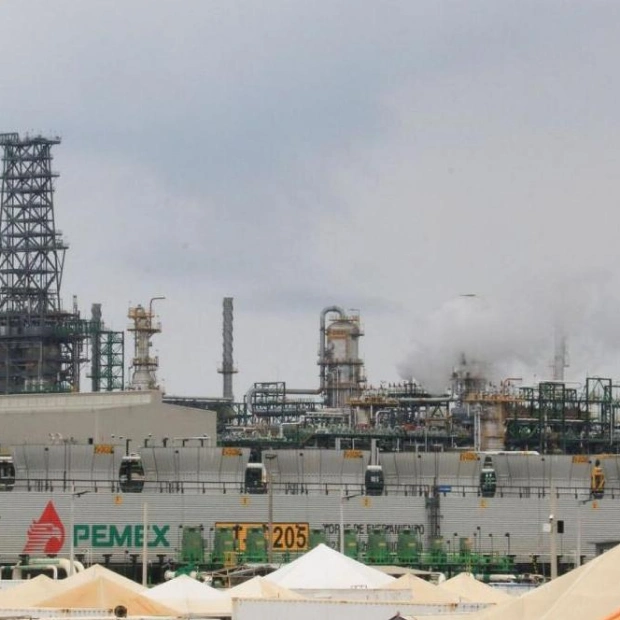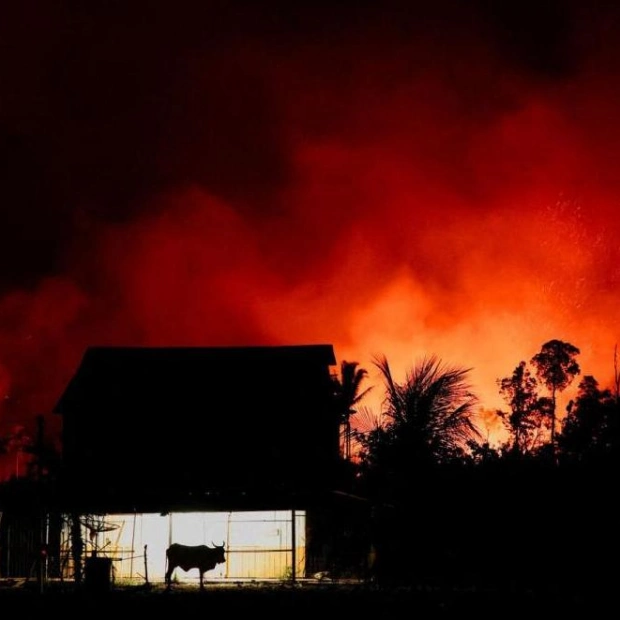Africa, with its expanding population and increasing income, offers a fertile environment for the introduction of the world's healthiest beverage, potentially emerging as one of the largest markets for black tea, according to an industry official. Hemant Bangur, Chairman of the Indian Tea Association, emphasized that tea consumption is more of a cultural practice than a necessity. Therefore, it is essential to instill the habit of tea drinking from a young age among African youth, positioning it as a desirable drink. Bangur proposed that targeting African adolescents and youth with this healthy, invigorating beverage could mirror the social centrality of tea in South Asia and China. He made these remarks during a recent meeting in Dubai where stakeholders from major tea producers' associations in Asia and Africa convened to discuss the sustainable development goals of the global tea sector, focusing on quality, demand-supply balance, and long-term sustainability. Bangur pointed out that the global tea industry is grappling with a demand-supply imbalance, as production surpasses demand, particularly in traditional tea-consuming regions like Europe and Asia where demand has plateaued. He noted that over the past two centuries, tea consumption has spread across all income levels. Arthur Sewe, Chairman of the East Africa Tea Trade Association (EATTA), highlighted that the tea sector in East Africa is struggling with declining quality and high production volumes, necessitating efforts to address climate change and farmer concerns. Sewe attributed the drop in tea quality partly to the increasing effects of climate change, which are negatively impacting the global tea sector. Sangwani Hara, Chairman of the Malawi Tea Association (MTA), echoed the concern, stating that climate change is a significant issue that must be tackled to maintain tea productivity levels. The meeting discussed the growing impact of climate change, price stagnation, high labor and input costs, demand-supply mismatch leading to oversupply, high transaction costs, and challenges in fair price discovery, all of which are undermining the economic viability of the global tea sector and hindering the achievement of sustainable development goals (SDGs). The tea industry is in crisis due to declining export values and a drop in produce value, threatening the livelihoods of millions. Cost-cutting measures have resulted in lower quality, reducing consumer demand and perpetuating a cycle of oversupply. The industry must focus on enhancing quality to increase demand and restore the supply-demand balance to stabilize prices. Africa should sustain quality by reducing pruning cycles, boosting tea consumption, and regulating new tea plantations. Global oversupply is disrupting the demand-supply equilibrium and negatively affecting prices, with tea prices stagnating across all Black Tea auction centers in recent years. The expansion of tea growing areas has led to a 26.30% increase in global tea production from 2014 to 2023, outpacing consumption and resulting in an oversupply of 391 million kg in 2023, according to the ITC Bulletin. Tea-producing countries should implement strategies to correct the production-consumption mismatch as a price stabilization measure for the sector's sustainability. Economic recession and geopolitical challenges in traditional bulk tea export markets have contributed to tea price volatility. The Russia-Ukraine conflict has adversely affected tea prices and trade, as the Russian Federation was a significant importer of tea from India, Sri Lanka, and Kenya. Conflicts in the Red Sea and the Gulf of Aden have exacerbated tea buying and export challenges due to increased logistics costs and shipping disruptions, reducing producer returns and impacting millions of smallholder tea farmers. Adopting climate-resilient strategies in tea-producing countries is crucial for mitigating the negative impacts of climate change on the tea sector and ensuring its long-term viability.

Text: Lara Palmer
19.06.2024
Industry Leaders Discuss Sustainable Strategies and Climate Impact on Tea Sector





